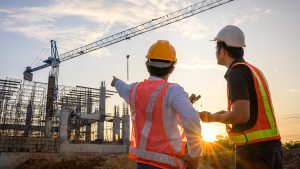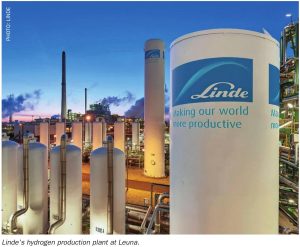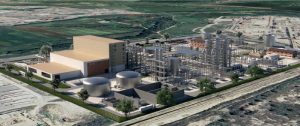
Clariant catalysts selected for waste-to-methanol plant
Clariant says it is collaborating in Repsol’s pioneering methanol plant in El Morell near Tarragona, Spain. The Ecoplanta project will be the first of its kind in Europe to convert municipal waste into renewable methanol, using Enerkem’s advanced waste gasification process, supported by a range of Clariant’s syngas purification catalysts and its highly active MegaMax methanol synthesis catalysts. Scheduled for completion in 2029, the plant will use 400,000 t/a of non-recyclable solid municipal waste to produce 240,000 t/a of methanol.






